Drinking tea or thirsty may be related to improper tea drinking method, influence of tea ingredients, body dehydration, oral diseases, diabetes and other factors. When experiencing persistent thirst, it is necessary to adjust drinking habits or seek medical attention based on specific reasons.
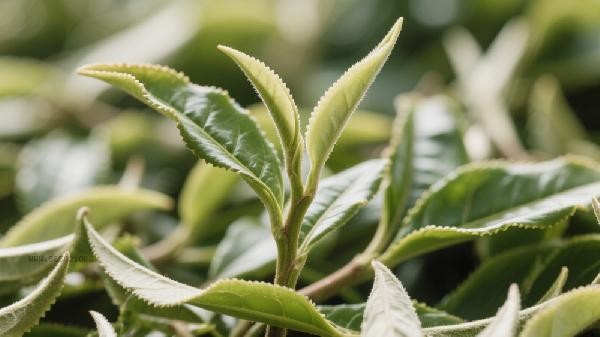
1. Improper way of drinking tea
Drinking strong tea on an empty stomach or excessive tea consumption can stimulate the gastrointestinal mucosa and accelerate water metabolism. Caffeine in tea has a diuretic effect, and excessive intake may accelerate water loss in the body. It is recommended to avoid drinking tea on an empty stomach, control the daily amount of tea consumed, and supplement water with an appropriate amount of plain water.
2. The influence of tea ingredients
Tannic acid in tea can bind with oral salivary proteins, producing astringent effects and leading to dry mouth. Black tea and Pu erh tea with high fermentation levels contain more tea polyphenol oxides, which may enhance this reaction. You can try switching to low fermentation teas such as green tea and white tea, or rinsing your mouth after drinking tea to relieve symptoms.
3. Dehydration of the body
Drinking tea alone cannot meet the body's needs in high temperature environments and without timely hydration after intense exercise. The electrolyte content in tea is low, which cannot effectively correct the imbalance of water and electrolytes. It is recommended to drink light salt water or oral rehydration salts first after exercise, and wait for fluid balance before drinking tea in moderation.
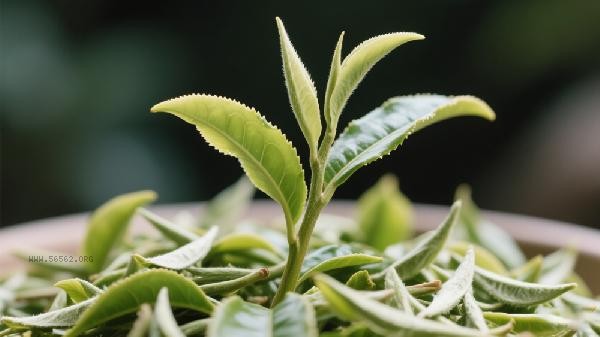
4. Oral diseases
Dry mouth, mumps, and other oral gland secretion disorders can interfere with saliva secretion. Certain therapeutic drugs such as antihistamines and antidepressants may also cause drug-induced dry mouth. It is necessary to treat the primary disease by using artificial saliva substitutes and avoiding drinking sugary tea drinks to worsen symptoms.
5. Signs of diabetes
Continuous thirst with excessive drinking and urination requires vigilance against abnormal blood sugar. High blood sugar levels can lead to osmotic diuresis, causing thirst even after drinking a large amount of water. It is recommended to test fasting blood glucose and glycated hemoglobin. After diagnosis, standardized medication should be used to control blood glucose, and sugar free cold brewing should be chosen for tea drinking.
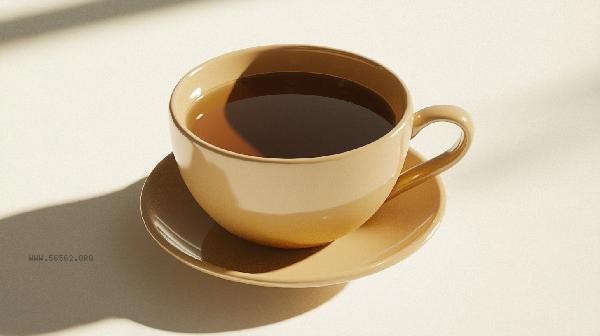
It is recommended to choose 50-60 ℃ warm water for daily tea brewing. The soaking time for each tea should not exceed 3 minutes, and the daily total amount should be controlled within 12 grams of dry tea. Pairing with hydrated foods such as nuts and fruits can delay the feeling of dryness in the mouth. If thirst persists for more than 3 days after adjusting tea drinking habits, or accompanied by symptoms such as weight loss and blurred vision, it is necessary to seek medical attention promptly at the endocrinology or stomatology department to investigate pathological factors. Pay attention to recording daily water intake and urination, and avoid drinking refreshing tea drinks containing alcohol or caffeine to worsen dehydration.

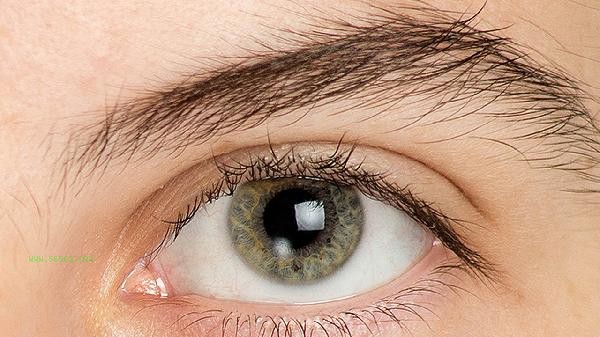
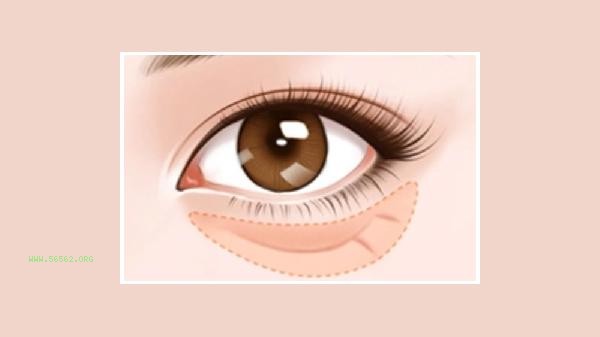
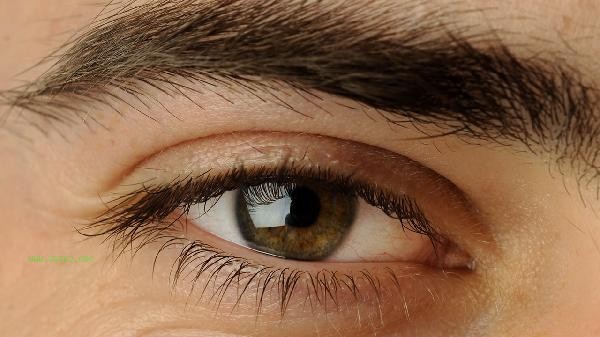
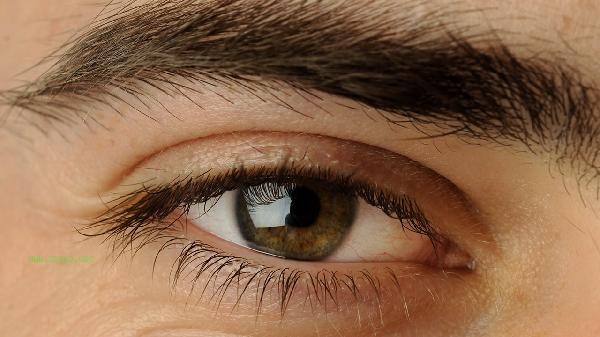



Comments (0)
Leave a Comment
No comments yet
Be the first to share your thoughts!